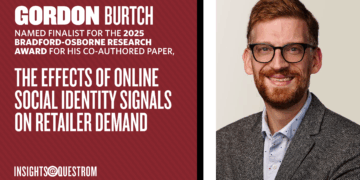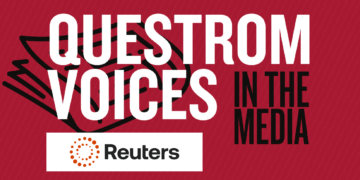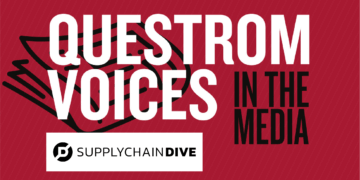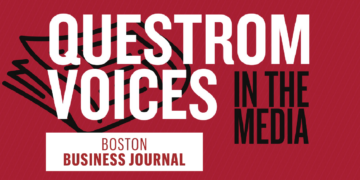In a world where economic duality meets a rising tide of sustainability, the no-buy challenge emerges as both a pragmatic solution and a symbolic statement. As the US economy teeters between highs and lows, and as the ethos of sustainability reshapes consumer choices, Greg Stoller, Master Lecturer of Strategy and Innovation dives into the concept of purchasing choices:
I think that the no-buy challenge is as much pragmatic as it is symbolic. From the pragmatic side of things, the US economy is still in what I would refer to as a bifurcated state. The stock market indices are hitting all-time highs, but more and more companies are trimming their payrolls and engaging in their own no-buy challenges by reducing non-essential costs. Inflation is getting under control but is still not fully tamed. As a result, people are less inclined to engage in discretionary spending.
On the symbolic side, more and more people are leaning into sustainability through a multifaceted approach. For example, several years ago US companies began “reshoring” back to the States. This move was both pragmatic and symbolic, setting off a wave of pride in buying US-made goods.
The next phase of sustainability involved buying products which would not be harmful to the environment or wasteful during the production process regarding water, electricity, and scrap. In some cases, people were willing to pay even higher prices for these products if it meant better protecting the environment.
I view this no-buy challenge as being the next phase of sustainability. Why purchase non-essential products that you don’t need to begin with? And by not purchasing them, you also avoid filling up landfills with either biodegradable or non-biodegradable packaging materials.
Combining pragmatism and symbolism, there are also tangible cost savings that can be achieved. Years ago, fundraising organizations said that for the price of a single cup of coffee every day you could send funds to overseas locations in dire need of health-related support— clean drinking water, medical care. Now that lens has come full circle in that the same mentality is being applied to our own spending habits. Imagine saving the cost of that non-essential cup of coffee instead of spending it? Provided you don’t shift the spending to another category, those savings will add up quickly.
Greg Stoller is a master lecturer and director of case competitions at Boston University Questrom School of Business. He is in the process of planning the third annual $50K sustainability competition set for November 16. In 2023, 24 schools from the northeast participated, and the theme was sustainable fashion.























